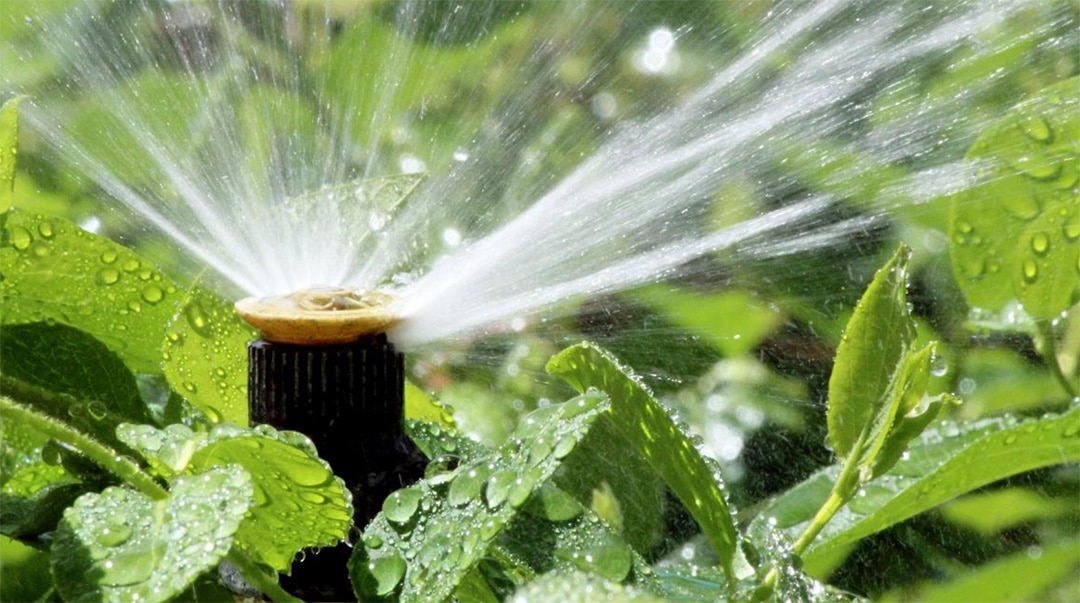The Role of Defoamers in the Chemical and Food Processing Industries
The Role of Defoamers in the Chemical and Food Processing Industries
Blog Article
The Function of Defoamers in Enhancing Item Top Quality and Efficiency
Defoamers offer as important additives that reduce this issue, ensuring smoother production process while enhancing the practical and aesthetic characteristics of the final items. The selection of the proper defoamer can be critical to attaining optimal outcomes, increasing important questions concerning formulation compatibility and performance metrics that merit further exploration.
Recognizing Defoamers
Understanding the duty of defoamers is important for preserving product high quality across numerous sectors. Defoamers are chemical additives designed to lower and prevent the formation of foam in fluid systems, which can adversely affect procedures such as mixing, filling, and surface tension. Frothing can result in inadequacies, product flaws, and compromised visual appeal, making defoamers an essential element in manufacturing procedures.
In industrial applications, defoamers assist to improve product uniformity and security. As an example, in the paint and finishes sector, foam can interfere with the application procedure and the final coating. In food and drink production, too much foam can impede bottling and product packaging efficiency. The effective use defoamers not just makes sure smoother production processes yet also contributes to exceptional item efficiency.
In addition, the selection and formula of a defoamer need to align with particular application requirements, such as compatibility with various other components, efficiency under varying temperature and pH problems, and potential governing restraints. Eventually, understanding defoamers' functions and their importance in different solutions is important for maximizing production and guaranteeing the finest final result.
Sorts Of Defoamers
Defoamers can be categorized right into a number of kinds based on their structure and system of action. The main kinds consist of silicone-based, non-silicone organic, and not natural defoamers.
Silicone-based defoamers are amongst one of the most effective, mainly because of their ability to spread swiftly on the liquid surface and interrupt foam formation. Their unique chemical structure enables premium security, making them ideal for high-temperature applications and settings with varying pH levels.
Non-silicone natural defoamers, often composed of natural oils or fats, are valued for their biodegradability and reduced poisoning. These are usually made use of in food and beverage applications where safety and security and ecological influence are vital.
Inorganic defoamers, which include substances like talc or calcium carbonate, act by enhancing the density of the fluid, therefore lowering foam security. They are frequently made use of in commercial procedures where compatibility with various other materials is not a worry.
Each kind of defoamer has unique advantages and limitations, enabling for customized remedies depending on the particular foaming concerns experienced in numerous applications. Recognizing these differences is important for enhancing efficiency and accomplishing wanted product high quality.
Applications Throughout Industries
Numerous industries take advantage of defoamers to improve product quality and functional efficiency. In the food and drink market, defoamers are essential in procedures such as developing and milk manufacturing to avoid foam development, which can bring about inadequacies and item disparity. By managing foam, suppliers can guarantee much better return and a much more consistent product.
In the pharmaceutical industry, defoamers play an essential role in the formula of fluid medicines, where extreme foam can impede mixing and accurate dosing. Their use aids preserve the integrity of the solutions and promotes smoother manufacturing procedures.
The paint and finishes market additionally counts on defoamers to boost the efficiency of items during application. By reducing foam, these additives ensure a smoother finish and enhance the visual top qualities of the end product.

Advantages of Utilizing Defoamers
While the application of defoamers differs across markets, their advantages continually boost product quality and procedure performance. One considerable advantage is the decrease of foam development during manufacturing procedures, which can otherwise cause manufacturing delays and inconsistencies in product high quality. By minimizing foam, defoamers enable a smoother flow of products, promoting more reliable operations and minimizing the probability of devices breakdowns.
In addition, making use of defoamers can improve the look and structure of end products. In industries such as finishings, paints, and food handling, too much foam can jeopardize the visual looks and total high quality, while the proper defoamer application guarantees a consistent surface and sites desirable qualities. Moreover, defoamers can add to set you back savings by decreasing waste during manufacturing and optimizing using raw materials (defoamers).

Choosing the Right Defoamer
Picking the appropriate defoamer is important for optimizing manufacturing processes and making sure item high quality. The selection of defoamer influences not just the performance of foam control yet likewise the overall performance qualities of the end product. Aspects to think about include the kind of application, the chemistry of the formulation, and the ecological problems under which the product will be used.
Different industries might call for certain defoamer types, such as silicone-based, organic, or polymeric defoamers. Understanding the compatibility of the defoamer with the primary active ingredients is necessary to avoid damaging responses that might jeopardize product integrity. Furthermore, the defoamer's effectiveness in numerous temperatures and pH levels should be examined to ensure consistent efficiency.
Examining the defoamer in small applications can provide beneficial insights right into its performance and viability. Factor to consider of regulative conformity, particularly in food, drugs, and cosmetics, is critical in picking a defoamer. Ultimately, a comprehensive analysis of these factors will certainly lead to the choice of a defoamer that not just controls foam successfully but likewise boosts the quality and performance of the end product.
Final Thought

In final thought, defoamers are vital additives that substantially enhance product high quality and performance throughout various markets. The tactical choice and application of defoamers lead to set you back financial savings, maximized source use, and raised consumer complete satisfaction.
Lathering can lead to inadequacies, item flaws, and jeopardized aesthetic allure, making defoamers a critical part in producing operations.

Report this page